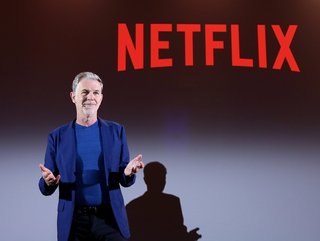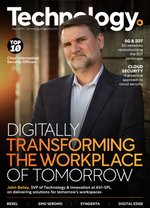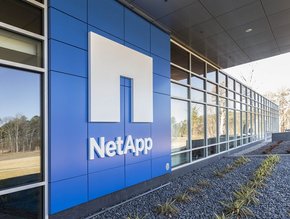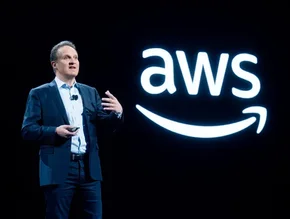Lifetime of Achievement: Reed Hastings

Expanding on a radical idea at the perfect time, Reed Hastings was instrumental in the explosion of Netflix - the pioneering digital online streaming services platform.
After co-founding the company in 1997 alongside Marc Randolph, Hastings became Executive Chairman in 2023 after 25 years as its CEO. He is also responsible for founding Pure Software, a leading company that made tools for software developers.
With Netflix’s strategy to be ‘hyper-focused on the customer’ and learning more about what they want, Hastings’ leadership helped the company boom from a cheap DVD rental market into a large-scale digital network.
Speaking in an interview in 2009, Hastings remarked: “There is a revolution happening, and within two years I think that Wi-Fi and Netflix will be built into all televisions.”
It was this foresight that enabled Netflix to expand into what it is today - a multi-billion dollar platform that offers thousands of films, television shows, games and digital media content to people in more than 190 countries worldwide.
Netflix: Excelling with a radical strategy
Hastings received a BA from Bowdoin College in 1983, and an MSc in artificial intelligence (AI) from Stanford University in 1988. In the midst of both degrees, he served in the Peace Corps as a high school maths teacher and currently remains on the board of several educational organisations, including KIPP and Pahara.
He is an advocate for educational reform, having been involved in educational philanthropy and politics for a number of years.
With his teaching background and a passion for educational technology, Hastings saw an opportunity within the inefficiency of the traditional video rental model. This was evident in Netflix’s pivot towards a subscription-based model, which enabled customers to rent DVDs without due dates or late fees - offering something different from then-competitors such as Blockbuster.
Hastings then led the company’s radical decision to focus on streaming services, which angered its customers. “Most customers did not care about streaming,” he says in an interview with Stanford University. “We were overconfident.”
However, the gamble paid off as the Internet exploded in the 2000s. Netflix launched its service in 2007 to stream movies and television shows to computers. Hastings still credits the success of YouTube for his shift in strategy towards developing a video streaming service.
As Netflix has continued to explode and achieve billion-dollar revenues, its corporate setup has remained unique. Whilst this was radical at the time, many companies now aspire to achieve the company’s successful culture of separating corporate culture from team relationships. Priding itself on not scoring or ranking people, Netflix prefers to instead remain people-focused, trusting the judgement of its managers to hire and retain employees.
“We were early on in saying team, not family,” Hastings says. “We view our task in building organisations like a championship team.”
Embracing the influence of digital transformation
One of the methods that Netflix now uses to maintain its reputation and popularity is the power of technology.
The company harnesses cutting-edge technologies like AI, machine learning and data science to provide its customers with more appropriate and intuitive suggestions for content, based on what they are already watching.
The use of predictive technology determines what programmes and films are suitable for the viewer, based on their previous viewing history. In fact, Hastings suggested in an interview with Medium that more than 75% of what people watch on Netflix is discovered through its recommendation system.
“AI will help us be more creative. We’ll be able to produce more shows using those tools,” he comments. “We’re super focused in the company about using AI and all these aggressive scenarios to tell better stories.”
However, instead of focusing on AI solutions first, the firm has adopted a product-based approach that places business requirements first. The use of technology in this way will encourage the user to watch more, which holds the potential to boost Netflix’s customer base.
Hastings says: “Technology has been the story of human progress from as long back as we know. In 100 years people will look back on now and say: That was the Internet Age.”
******
Make sure you check out the latest edition of Technology Magazine and also sign up to our global conference series - Tech & AI LIVE 2024
******
Technology Magazine is a BizClik brand







